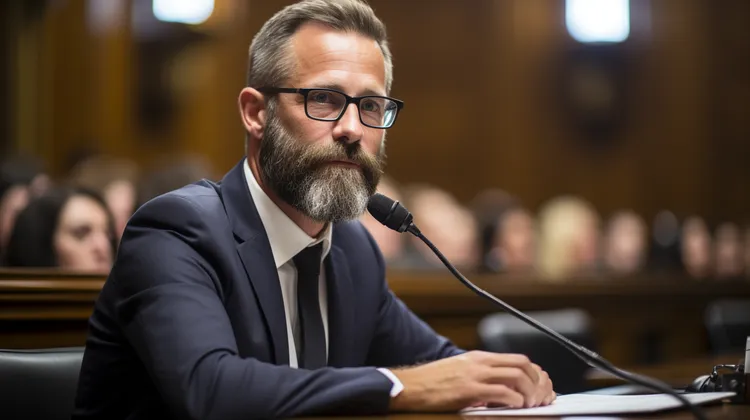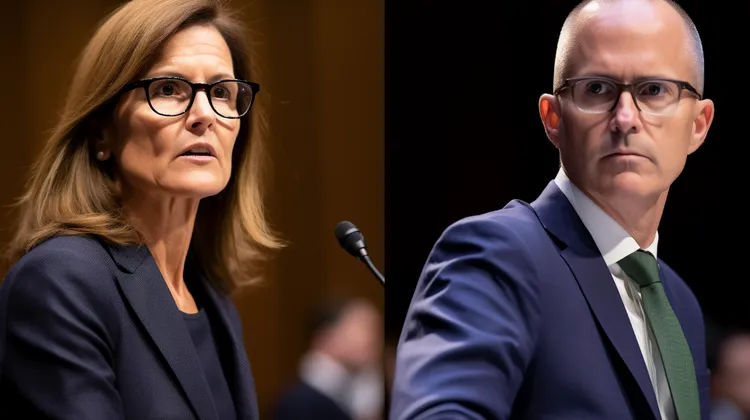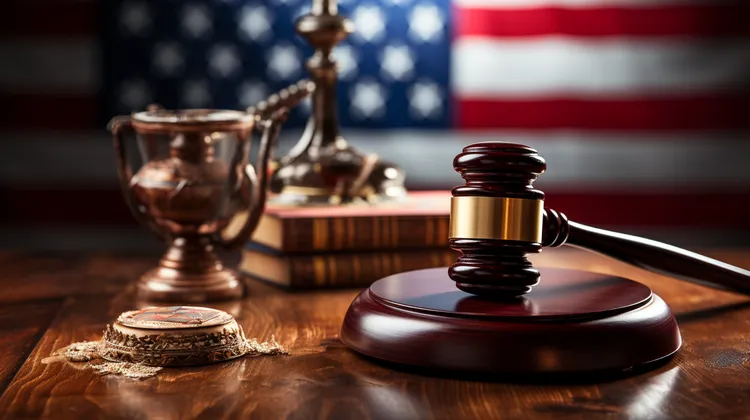Ripple CTO, David Schwartz, recently spoke up about the ongoing legal battle between Ripple Labs and the U.S. Securities and Exchange Commission (SEC). In a series of tweets, Schwartz aimed to clarify some aspects of the case, shedding light on the complexity of the matter.
One of the main points Schwartz addressed was the SEC’s claim that Ripple’s native cryptocurrency, XRP, should be classified as a security. The CTO argued that XRP’s status is not cut and dry, as the SEC suggests. Instead, he emphasized that it should be considered as a digital asset, just like Bitcoin or Ethereum. According to Schwartz, the SEC’s claim disregards the fact that XRP is used for many purposes beyond investment, including remittances, micropayments, and other real-world use cases.
Schwartz also pointed out that Ripple and XRP are different entities, implying that any judgment on XRP’s classification should not directly impact Ripple’s technology or other services. He highlighted the fact that Ripple is an independent company utilizing XRP as a tool within its payment solutions. This distinction, according to Schwartz, is crucial for understanding the case’s complexity and for ensuring that Ripple’s technology and its potential benefits are not overshadowed by the legal battle.
Schwartz brought attention to the fact that there is no established regulatory framework for cryptocurrencies in the United States. This murky regulatory environment adds uncertainty to the case, making it more challenging to determine XRP’s precise classification. He suggested that instead of relying on outdated policies, regulators should work collaboratively with blockchain companies to create a clear and fair regulatory framework that fosters innovation while protecting investors.
Another aspect clarified by Schwartz was Ripple’s compliance with laws and regulations. He assured that Ripple has consistently cooperated with regulators around the world, including the SEC, to ensure compliance in every jurisdiction where it operates. Schwartz stated that Ripple believes in working within existing frameworks and supporting responsible practices in the digital asset industry.
Schwartz addressed the SEC’s lawsuit against Ripple as being limited to offering and distributing XRP, which allegedly constituted an unregistered securities offering. He clarified that the case does not encompass exchanges or individual XRP holders and emphasized that XRP’s status will likely have no impact on ordinary holders or its availability on exchanges. Schwartz aimed to alleviate concerns among XRP investors by differentiating between Ripple’s legal battle and the ripple effect it may have on holders and exchanges.
Schwartz’s tweets were well-received by the cryptocurrency community, with many users expressing gratitude for his efforts to clarify the case’s complexities. They appreciated the opportunity to hear directly from Ripple’s CTO, who holds an insider’s perspective on the ongoing legal ordeal. Schwartz’s remarks highlighted the significance of addressing regulatory challenges faced by the cryptocurrency industry and working towards clear guidelines that allow for innovation to prosper.
Ripple CTO David Schwartz’s recent clarification tweets shed light on the complexity of the SEC’s case against Ripple Labs. He detailed the differentiation between Ripple and XRP, emphasized the need for a clearer regulatory framework, and reassured investors that the legal battle does not directly impact individual holders or exchanges. Schwartz’s insights provide valuable context and highlight the broader implications of the ongoing legal battle between Ripple and the SEC. As the case progresses, it remains to be seen how this narrative shapes the outcome and the future regulatory landscape for digital assets in the United States.




The lack of a clear regulatory framework for cryptocurrencies in the US adds uncertainty to the case. Collaborative efforts are needed to establish fair guidelines.
These tweets highlight the significance of addressing regulatory challenges in the cryptocurrency industry. We need clear guidelines that allow for innovation to prosper while ensuring investor protection.
Schwartz’s tweets highlight the importance of addressing regulatory challenges and fostering innovation in the cryptocurrency industry. Inspiring words!
I’m glad to hear that the SEC’s lawsuit is limited to offering and distributing XRP and won’t impact individual holders or exchanges. It’s important to clarify this to alleviate any concerns among XRP investors. 🙏
Kudos to Schwartz for addressing the concerns of XRP investors. Your reassurance that the legal battle won’t impact them or exchanges is comforting.
I appreciate Schwartz’s assurance that Ripple has always cooperated with regulators and strives to work within existing frameworks. This commitment to compliance is crucial for the industry’s growth and investor protection.
I completely agree with Schwartz that XRP should be considered as a digital asset, just like Bitcoin or Ethereum. The SEC should take into account its real-world use cases and not just focus on its classification as a security.
Schwartz’s tweets provide valuable insight into the ongoing legal battle between Ripple and the SEC. It’s great to have someone with an insider’s perspective shed light on such an important issue.
It’s quite concerning that there is no established regulatory framework for cryptocurrencies in the United States. This lack of clarity makes it difficult to determine XRP’s precise classification. It’s high time regulators work collaboratively with blockchain companies to create fair regulations that foster innovation.
It’s crucial to understand the distinction between Ripple and XRP to grasp the case’s complexity. Thanks for clarifying, Schwartz!
Ripple’s commitment to compliance and cooperation with regulators worldwide is commendable. Responsible practices are essential for the digital asset industry.